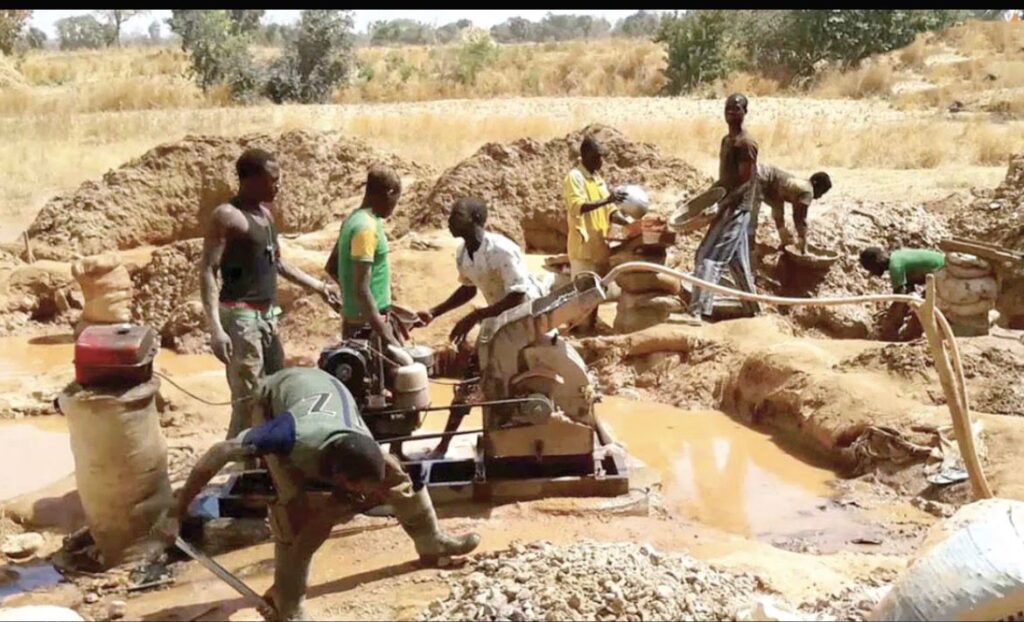Senate Approves Establishment of Federal Medical Centre in Kafanchan
The Senate has passed the Federal Medical Centre Act (Amendment) Bill, 2024 (SB.355), paving the way for the establishment of a Federal Medical Centre (FMC) in Kafanchan, Kaduna State.
This legislative move aims to enhance healthcare accessibility for residents of Southern Kaduna and neighboring regions.
The bill, sponsored by Senator Sunday Marshall Katung (PDP, Kaduna South), seeks to amend the Federal Medical Centres Act, 2022, to provide a legal framework for the FMC in Kafanchan.
Senator Katung emphasized that the center would alleviate the long-standing challenges faced by communities in accessing tertiary healthcare services, reducing the need to travel to distant states like Plateau and Nasarawa for medical attention .
In alignment with this federal initiative, the Kaduna State Government has transferred the Sir Patrick Ibrahim Yakowa Memorial Hospital in Kafanchan to the Federal Government.
This facility is slated for conversion into the new FMC, with full operations expected to commence by September 2025.
The Minister of Health and Social Welfare, Professor Muhammad Pate, conveyed satisfaction with the hospital’s infrastructure and highlighted plans for future expansions .
Governor Uba Sani of Kaduna State has expressed strong support for the project, noting that upgrading the hospital to a federal medical center will significantly improve healthcare delivery, provide opportunities for advanced medical training, and stimulate economic growth in the region .
Dr. Amos Gwamna Magaji, Chairman of the House of Representatives Committee on Health Care Services, who has been instrumental in advancing the bill, commended President Bola Ahmed Tinubu for endorsing the initiative.
He also acknowledged the collaborative efforts of state and federal stakeholders in bringing the project to fruition .
The establishment of the FMC in Kafanchan is anticipated to serve not only the residents of Southern Kaduna but also neighboring states, thereby addressing a critical gap in the region’s healthcare infrastructure.







